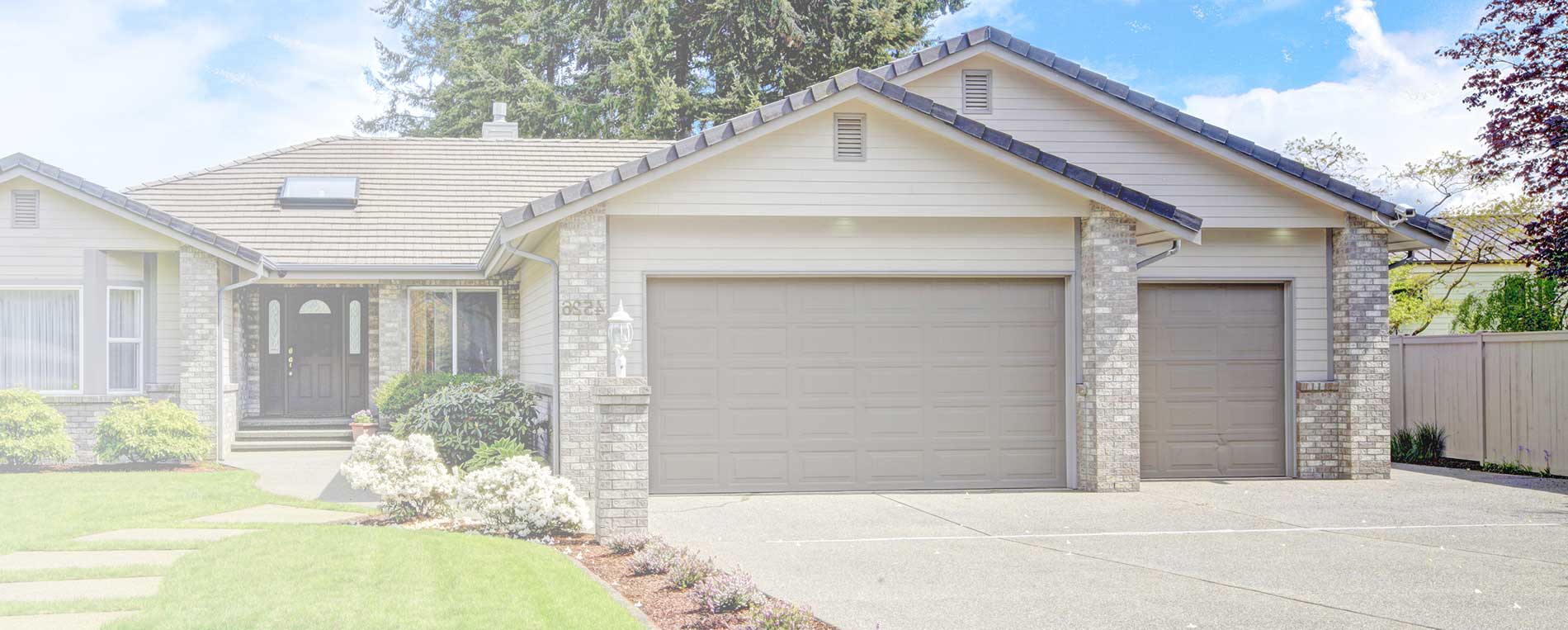Take a look at our FAQs page below if you've got a burning question that needs an answer. In the case that we didn't include your question, call our garage door experts with confidence.
How do I choose a new opener?
Before you decide which new opener to buy, consider your personal needs and preferences. The weight of your door needs to be taken into account, as does the space availability inside your garage. You should also think about what level of security you're going to need, and how much noise are you willing to put up with. All these will determine things like the drive type, the horsepower output and ultimately the price too. Consult with our experts to make sure you're getting the perfect opener for your specific needs.
Which garage door parts should be lubricated?
Basically, every moving metal part of your door should be lubricated to reduce the friction that causes it to wear out. That means torsion springs, steel rollers and hinges, among a few other sections. You should not lubricate the tracks, however, as that could result in a sticky blockage of dirt and debris.
What is a garage door torsion spring?
There are two types of springs that are used in garage door systems - torsion and extension. The torsion system includes one or two units positioned across a steel shaft that's attached to drums that maneuver the cables that connect to the bottom panel and lift and lower the door. Torsion springs are strong and flexible, and have a life span of three to seven years, which translates to roughly between 10,000 to 15,000 cycle. They need to be lubricated, because they work by twisting and unwinding, which means they suffer from constant friction which gradually causes them to wear out.

